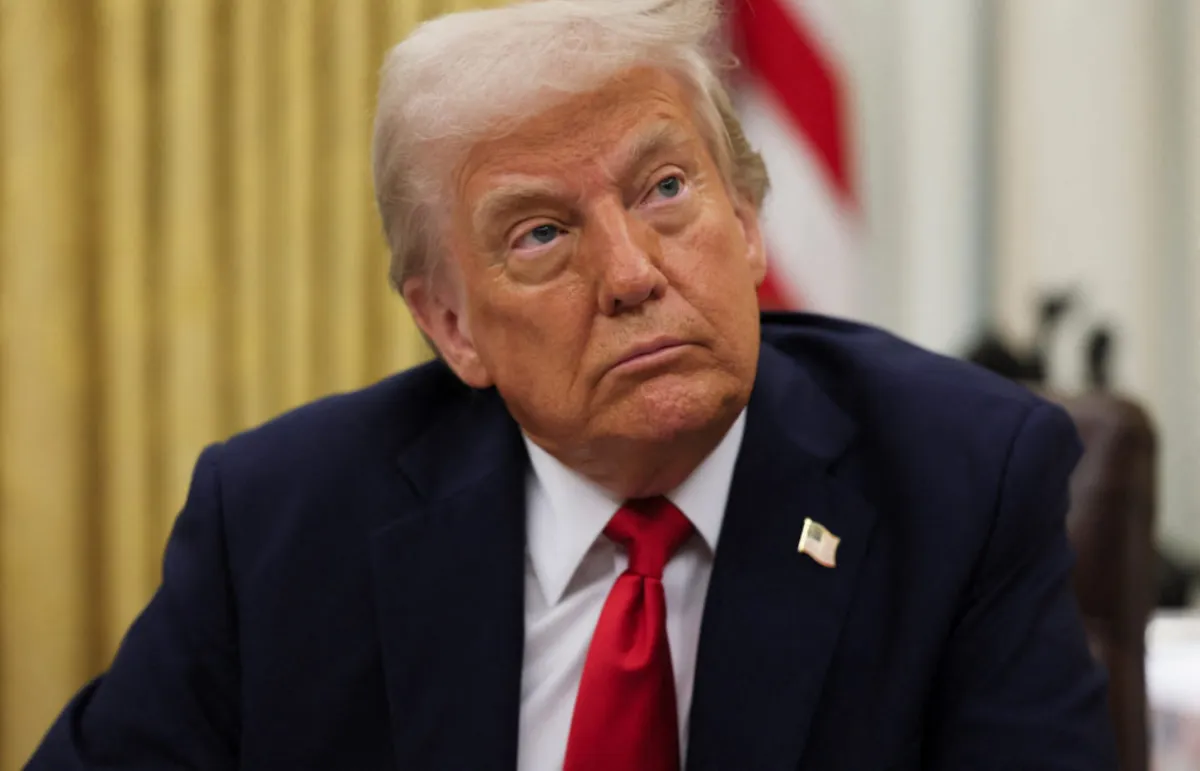
In a significant legal action, Democratic officials from 19 states have filed a lawsuit against President Donald Trump’s recent executive order aimed at reshaping elections across the United States. The lawsuit, which is the fourth of its kind against this executive order, argues that Trump's actions represent an unconstitutional invasion of states' clear authority to manage their own elections. The officials are seeking to block key provisions of the order, particularly the requirements mandating documentary proof of citizenship for voter registration and the stipulation that all mail ballots must be received by Election Day.
The state attorneys general assert in court documents that “The President has no power to do any of this.” They label the executive order as unconstitutional, antidemocratic, and un-American. Trump's order claims that the U.S. has failed to enforce essential election protections. However, election officials across the nation have stated that recent elections are among the most secure in U.S. history, with no evidence of widespread fraud—particularly notable during Trump’s loss to Democrat Joe Biden in the 2020 election.
This executive order marks the culmination of Trump’s persistent complaints regarding the administration of U.S. elections. Following his victory in 2016, Trump falsely asserted that his popular vote total would have been significantly higher if not for “millions of people who voted illegally.” In 2020, he continued to propagate claims of a “rigged” election, alleging widespread voter fraud and manipulation of voting machines.
Trump’s order is positioned as a measure to secure voting against illegal participation by noncitizens; however, numerous studies and investigations have indicated that such instances are extremely rare. Some Republican state election officials have praised the order, suggesting that it could help reduce voter fraud and provide them with federal data to better manage their voter rolls.
Additionally, the executive order enforces a requirement that states exclude any mail-in or absentee ballots received after Election Day, threatening states' federal funding if election officials do not comply. This is particularly contentious as several states currently count ballots as long as they are postmarked by Election Day, allowing for corrections of minor errors on ballots.
The lawsuit emphasizes that forcing states to conform to these new requirements would violate the broad authority granted by the Constitution for states to determine their own electoral processes. The Constitution outlines that states have the discretion over the “times, places, and manner” of elections, while Congress has the power to “make or alter” election regulations for federal offices. However, it does not confer any presidential authority over election administration.
The lawsuit was filed in the U.S. District Court in Massachusetts. Other legal challenges to the executive order argue that it could disenfranchise voters, as millions of eligible voting-age Americans may not possess the documentation required. Currently, individuals must attest to their citizenship under penalty of perjury to vote, yet the new requirements would necessitate specific documents—such as a U.S. passport or a REAL ID-compliant driver’s license indicating citizenship—to prove one’s eligibility.
Democrats contend that countless Americans may struggle to access their birth certificates, with nearly half lacking a U.S. passport. Additionally, married women could face complications requiring multiple documents if they have changed their names. This issue was highlighted in recent town elections in New Hampshire, where a new state law mandated proof of citizenship for voter registration, creating barriers for some voters.
As the legal battle unfolds, it raises critical questions about the balance of power in election administration and the ongoing debate over voting rights in America. The outcome of this lawsuit could have significant implications for how elections are conducted in the coming years.